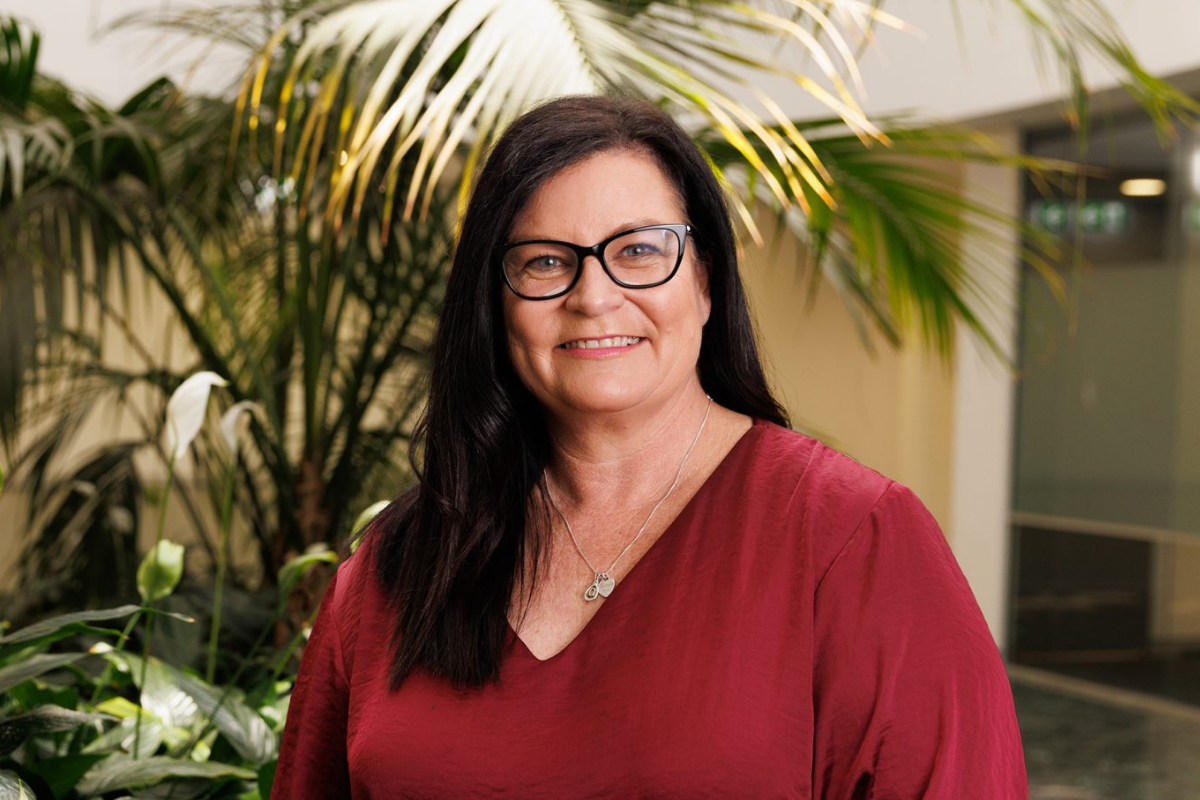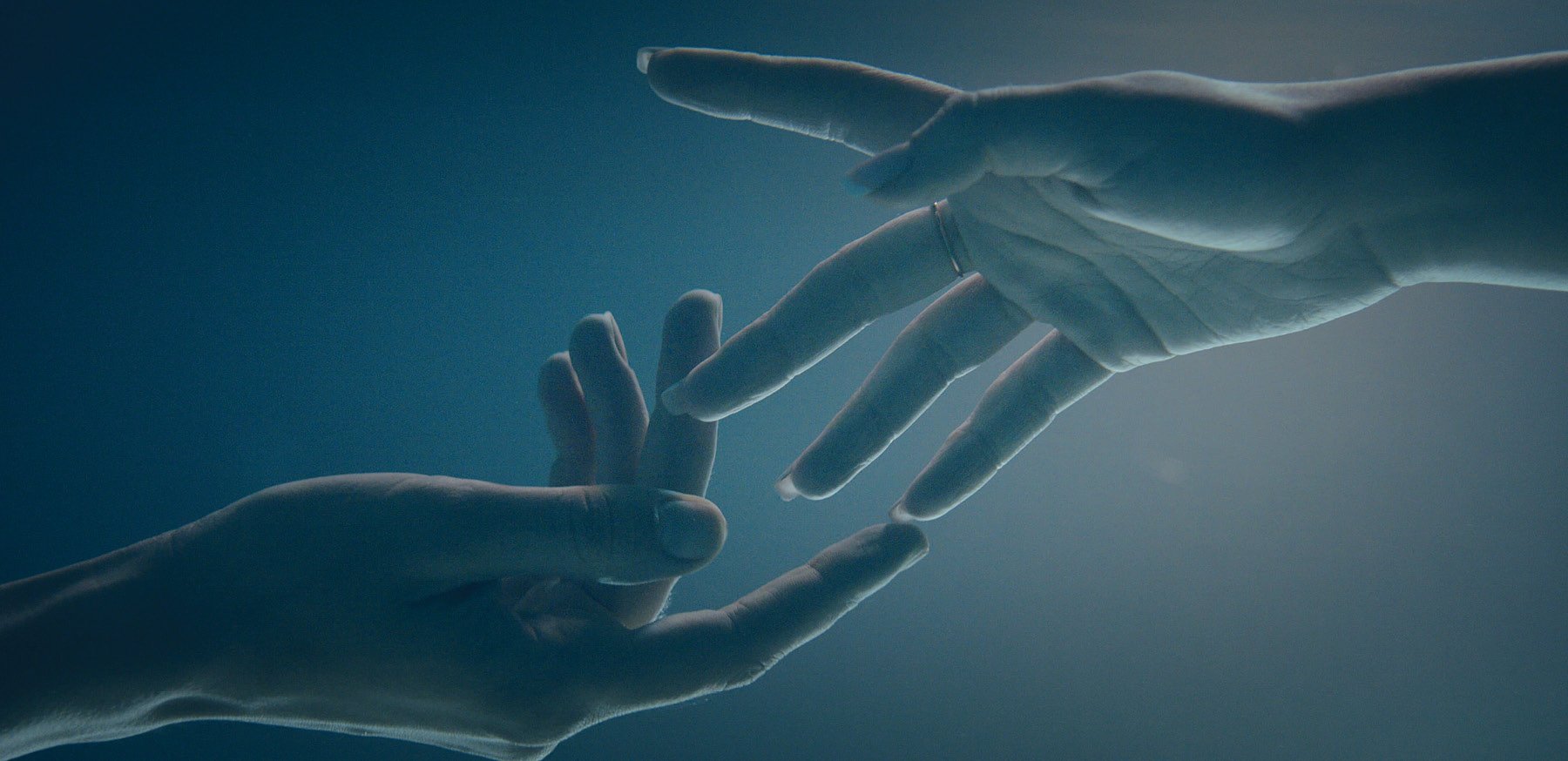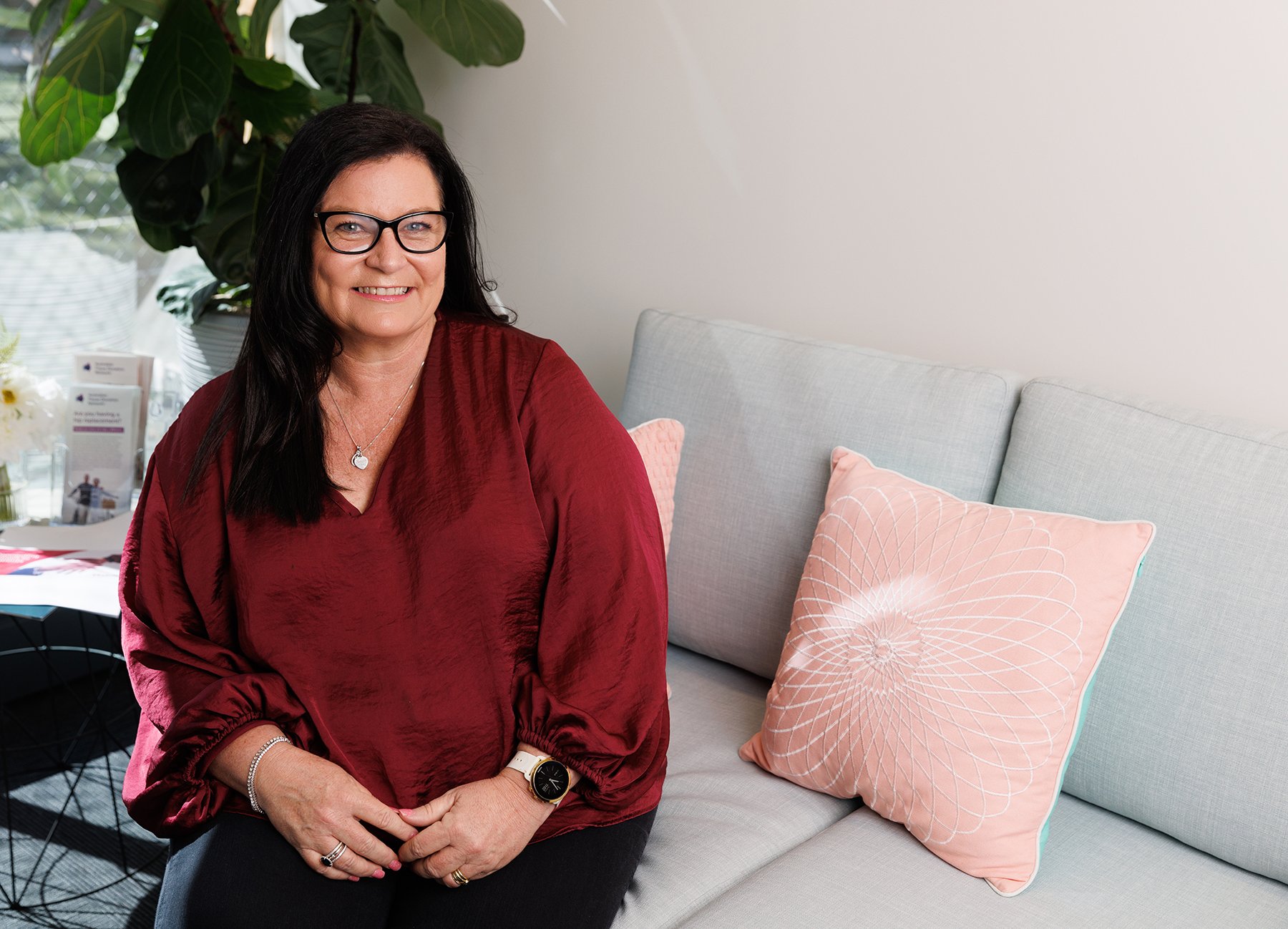The best advice Debbie Stracey ever received about leadership came from her mum, who told her: “If you can look in the mirror every day and be proud of who you are and what you have done, you’re on the right path.”

She took the advice to heart and started her career as a nurse. Now, in her current role as Executive Director of the not-for-profit Australian Tissue Donation Network (ATDN), Debbie has numerous reasons to take pride in the path she’s chosen. “I am extremely proud of ATDN, the staff and the board,” she says. “I feel we give our best and do so with integrity and passion.”
The organisation helps medical facilities gain access to life-changing – and lifesaving – bone and tissue. While this often involves taking organs and tissue from people after they’ve passed away, another key element of ATDN’s work is to encourage people to sign up as live donors.
One of Debbie’s most significant achievements since starting at the organisation as Donor Service Manager in 2016 was her role in setting up the Placental Tissue Donation Program. The program enables women who have elective C-sections to donate their placentas. The amnion, which is the innermost lining of the placenta, is used to make wound dressings for vascular and diabetic ulcers.
Another of the network’s living donor programs involves people donating their femoral heads, a ball-shaped part of the femur bone that is removed during routine hip replacement surgery.

Death is not a topic that many like to discuss.
Building up a network of living donors is one of ATDN’s key tasks, and it is something that helps to overcome a major challenge: getting people to engage with a subject that requires thinking about death.
“Being able to raise the awareness of tissue donation, and the extraordinary benefits to the health of the community through these donations, is challenging because death is not a topic that many like to discuss,” Debbie explains.
But the living donor programs “allow the community and health professionals to learn about the great things that can be achieved through this type of donation without any grief”, she adds. “It also starts a conversation regarding organ and tissue donation that will hopefully end in them registering their wishes on the Donate Life organ and tissue donation register.”
Enhancing lives
Another challenge is a lack of awareness about the tissue donation industry itself. Many, including health professionals, automatically think of organs, and perhaps blood donation, when the topic arises. But in fact, bone is the second most transplanted tissue after blood, Debbie points out.
“The general community and many health professionals have no idea that tissue, bone, skin, tendons, ligaments, eyes and heart valves can be donated, and that these donations can enhance the lives of recipients,” she points out.
In an industry as important as Debbie’s, loving the work is key. “I’m incredibly passionate about what we do, and I encourage each team member to contribute ideas and solutions,” she enthuses.
The general community and many health professionals have no idea that tissue, bone, skin, tendons, ligaments, eyes and heart valves can be donated.
Diversity within the team is also important. When Debbie is hiring, she doesn’t confine her search just to the medical field. “I believe having staff with varied educational and career backgrounds is great, as we can have a variety of perspectives and skills,” she says.
“Creating a team that is passionate and committed is important, especially in this industry. Having great communication and respect for each other and what we do is vital to the culture at ATDN.”
Limitless achievement
The passionate company culture Debbie has fostered was put to the test by the COVID-19 pandemic, which had a severe impact on ATDN. The elective surgeries required to collect donor tissue were cancelled to ensure hospitals had the capacity to deal with an influx of patients.
Before the pandemic, the network also used to hold educational events inside hospitals, which were a key part of bringing new donors on board.
“The decrease in elective surgeries and the ability to provide education within the hospitals has reduced the donation opportunities and slowed the growth of some of our programs over the past 18 months,” Debbie shares.
But ATDN’s close relationships with hospitals has enabled it to bounce back. “We have been able to recover quickly from each of the lockdowns and cancelled elective surgery events by communicating and staying in touch with our hospital partners, so we are ready as things open back up,” she says.

I believe having staff with varied educational and career backgrounds is great, as we can have a variety of perspectives and skills.
The pandemic has also encouraged the team to focus on being resourceful and adaptable, and finding new ways to reach potential donors online. “We were able to adapt to working from home when required. This is where a great mix of skills within the team came in, as everyone found a way to contribute and support each other,” Debbie reveals.
The enthusiasm and drive needed to overcome the pandemic is in abundance among the ATDN team, who go to work with the knowledge their labour drastically transforms people’s lives. “The outcomes that patients receiving allografts have seen are incredible,” she says, using a medical term for transplants.
“There are teenagers who have been able to return to the sport they love following spinal surgery for scoliosis or who have been able to keep both legs despite bone loss due to cancer. The achievements in medical uses for allografts are limitless.”
This is why Debbie can look in the mirror each morning and know she is on the right path.


